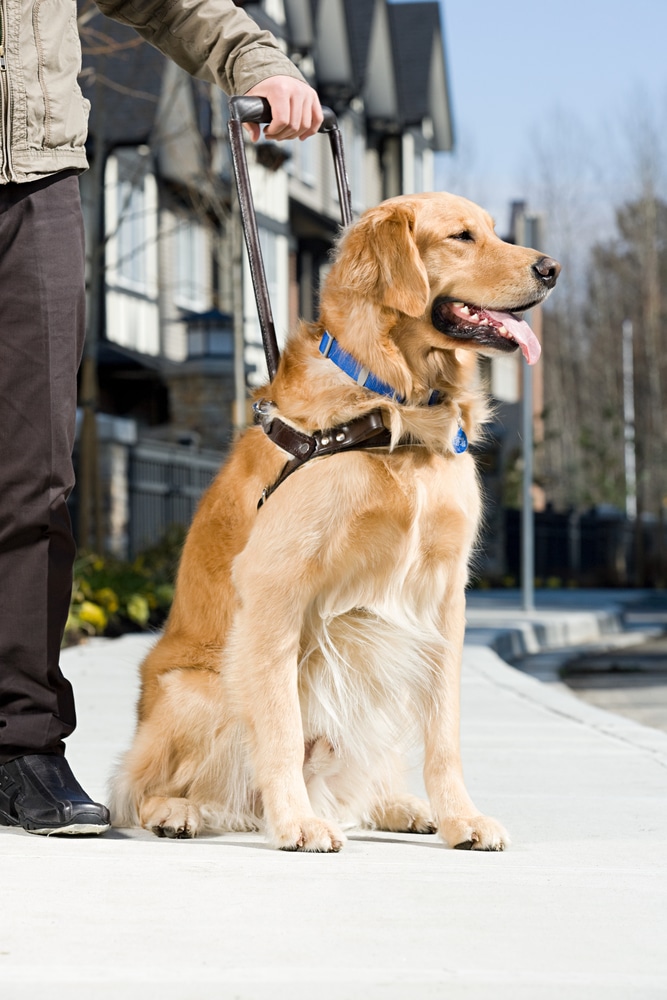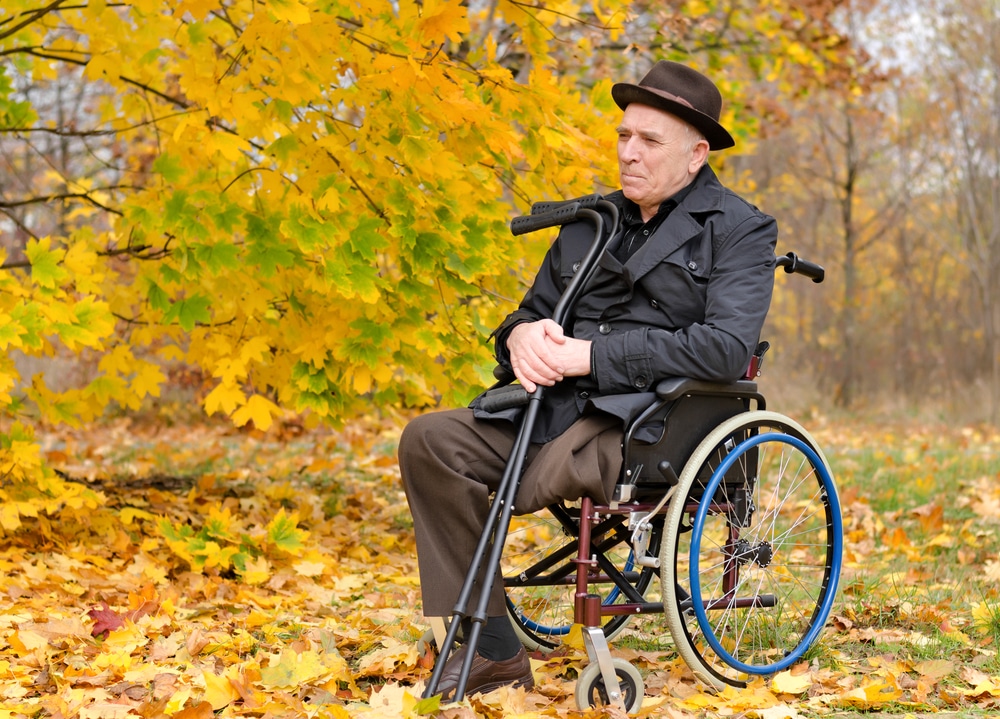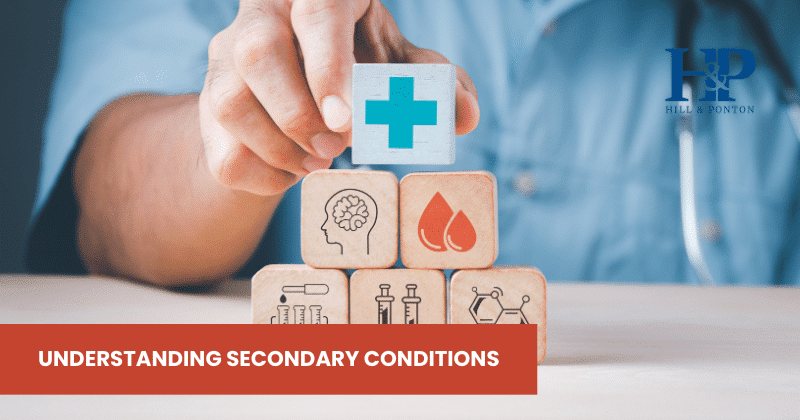Secondary Veteran Claims Related to Amputation
When Congress first appropriated funding for prosthetics back during the Civil War, the United States has been trying to find a way to help service members who have lost limbs due to the military service. The VA first became involved in the 1920s and have been attempting to assist veterans ever since.
Usually, a veteran who has lost a limb in service to their country has an easier time getting disability compensation from the VA. However, there are some issues that can still arise when it comes to prosthetics and disability compensation that many times veterans are not aware they are due compensation or that they may get denied and need evidence to show a secondary connection.

I have written about my grandfather before; he was shot in the leg during WWII as he was crossing the border out of Italy. He didn’t lose his leg though and was able to recuperate in an Irish hospital then came back to the states and started care in the VA system. Between 1946 and 1962, the VA conducted over 60 different surgeries on his leg, various skin grafts, bone grafts, etc.
It was not until his leg contracted a gangrenous infection that they finally had to amputate it in 1962. My mother remembers spending a great deal of her childhood at the VA Hospital. Disability claims for lost limbs do not always have to be due to war; after all, the Italian that shot my grandfather certainly did not cause the gangrene that infected his leg 18 years later.
Infections
Many illnesses can cause infections in the limbs that can sometimes lead to amputation. If a veteran is service connected for a condition that is being treated by the VA and contracts an infection during treatment that leads to amputation, there could be a claim for disability compensation. An example is if a veteran is in the hospital for a service connected heart condition and has surgery and contracts a staph infection which leads to the amputation of a limb.
Illnesses
Some illnesses, when not able to be kept under proper control, can lead to secondary conditions that can cause limb loss. One of the primary reasons for amputation outside of direct trauma is a loss of blood flow. Some of the main conditions that can lead to loss of blood flow to the extremities and possible loss of limb include the following:
- Diabetes
- Peripheral vascular disease/arteriosclerosis
- Burns
- Spinal cord injuries
- Cold weather injuries
- Bone cancer
Trauma
Trauma is also a reason for amputation. Not just the trauma of war, which is all too familiar to far too many past generations of our society, but also the trauma of life. Motor vehicle accidents, falls, accidents with machinery or even just those freak-of-nature events can change someone’s life forever. If the event occurred in service it may be eligible for VA disability compensation.
Complications of Amputation
There are many complications that one can experience due to an amputation. These, if they become separate conditions in of themselves, also become eligible as secondary conditions to the service connected disability. For example, if a veteran has service connected diabetes and has a foot amputated, he is eligible for service connection for the loss of his foot. Then, if he experiences blood clots due to the amputation, he can file a claim for another secondary condition due to the amputation. Some common secondary conditions to amputation are:
- Infections
- Angina or chest pain
- Heart Attack
- Stroke
- Pressure Sores
- Wound infections
- Deep Vein Thrombosis
- Depression/Mental Health conditions
Other VA Benefits for Amputees
The VA also has other benefits available to veterans who are service connected for limb loss that go beyond the monthly compensation and health care.

- Guide and service dogs: these include dogs who perform specialty tasks for amputees
- Prosthetics: Veterans are entitled to new prosthetics every five (5) years. Prosthetics through the VA includes a range of sensory aids, artificial limbs, ramps, and any other devices that improve accessibility
- Clothing allowance: If a veteran uses a prosthetic or sensory aid that can damage clothing, they can be eligible for an annual clothing allowance
- Automobile Adaptive Equipment: Veterans, depending on the level of need, can be eligible for equipment to assist them in entering and exiting, operating, or riding in a vehicle. This can include lifts, left foot pedals, reduced or zero effort steering and braking, digital driving systems, and even raising the roof. They can also provide reimbursements for additional equipment such as power steering/windows, etc.
- Housing improvements and structural alterations: This program provides structural changes or adaptations to veteran’s homes that assist them in remaining independent. This includes entry and exit accessibility such as ramps or handrails; bathroom renovations such as roll-in showers, adapting driveways for accessible vehicle entry/exit; improvements to plumbing or electrical systems for the installation of medical equipment.
A handicap-accessible bathroom - Aid and Attendance: This is for any veteran who requires additional personal care up to, and including nursing home care. This can include a family member who is in the home to help a veteran with personal hygiene due to a disability that prevents the veteran from being able to care for his or her personal needs independently. This is a monthly compensation in addition to the veteran’s disability compensation called SMC, special monthly compensation.
Independence is key in assisting veteran’s who have experienced loss of limb(s) and there are also multiple non-profit agencies and veteran organizations who work with veterans to help maintain their independence through therapy programs, work programs, housing & automotive assistance, and service animals. Mental health wellness is key to ensuring that veterans who are going through any medical disability.
My grandfather always laughed when you asked how he was doing and had the perfect reply….not negative, but realistic and with the broadest grin you ever saw… “Well, I’m on my last leg, but that is one more than some.”





